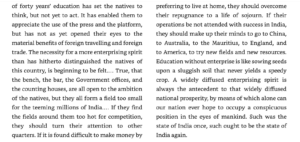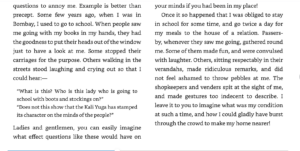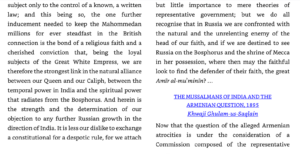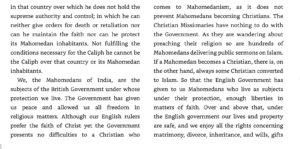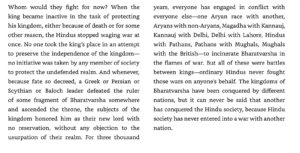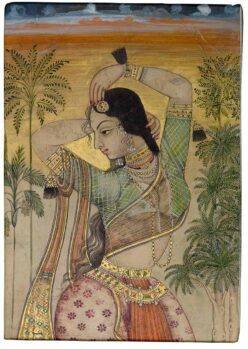To Raise a Fallen People is an interesting collection of Indian writings from the late 19th century, compiled by Professor Rahul Sagar, who is Associate Professor at Yale-NUS College and the Lee Kuan Yew School of Public Policy.

Professor Sagar has gathered together several Indian writings on national and international affairs from the late 19th century and he has chosen to frame the book as “Indians were not morons and had thoughts about the rest of the world in the 19th century that can tell us about Indian foreign policy today”, but this editorial frame adds nothing to the book. The book is good because the selections are interesting and worth reading, not because it sheds any light on current Indian foreign policy.
One sees what various Indian thinkers thought about their own position in the world in the late 19th century, when the mutiny had been crushed and British rule in India had stabilized and seemed almost permanent. The writers range from famous authors and politicians such as Bankim Chatterjee, Mohandas Gandhi, Annie Besant and Salar Jung, but the one i found most interesting was a letter from Anandibai Joshi (first Indian woman to go to the USA for medical studies) explaining her decision to go to America. The “prohibition” against foreign travel is discussed (and vehemently rejected). The wonders of Great Britain are described, but so are her crimes. There are interesting pieces from some Muslim thinkers, all of whom regard the Hindu majority as basically irrelevant and are focused on the “clash” they think is going on between islamdom and Western powers (with complaints against Russians as oppressors of Ottoman Turkey and invaders of central Asia, but also against the British for raking up Armenian massacres; Muslim writers feel the British empire is also a Muslim empire (since more Muslims were subjects of Victoria than of any Muslim sovereign) and wish Britain would heed their concerns about the caliphate, etc). In short, a great window into late 19th century colonial India and its intellectuals. Ignore the foreign policy hook that the author has used to set up the book and just enjoy the excerpts.
Some representative screenshots follow:
